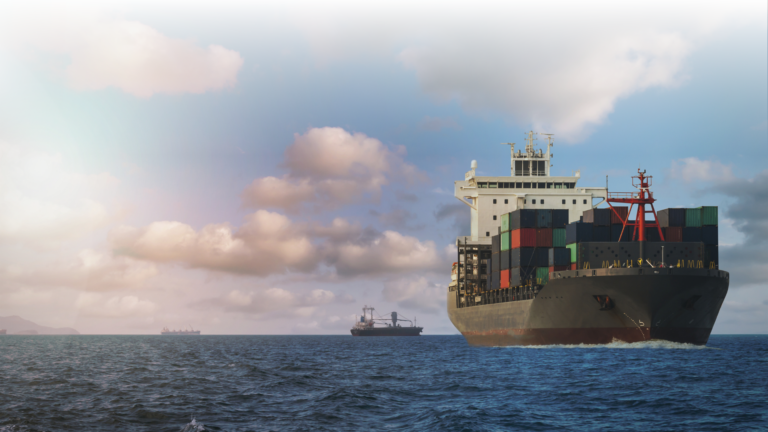OCIANA® is a maritime intelligence platform, which enables the supply chain industry with robust capabilities to inform decision-making and optimization of shipping operations, ranging from synoptic reporting of vessel intelligence, to planning and optimization support, through to environmental considerations. OCIANA® delivers these capabilities both through an interactive web-based tool, and as Data as a Service (DaaS) offering to address a variety of integration patterns.
GSTS is presently developing the OCIANA® Collaborative Optimisation Solution (COS). The current DaaS will be augmented to facilitate inter-organizational exchange of information to support Just-in-Time (JIT) arrival through COS.
Ease of implementation and standardization are critical to organizations seeking to exchange data, to avoid bespoke implementations and reduce implementation overhead. The International Maritime Organization (IMO) has set forth parameters for data nomenclature within the IMO Compendium on Facilitation and Electronic Business to standardize use of terms within data exchange. Accordingly, GSTS has committed to the conventions for data naming from the IMO Compendium in a revision of the OCIANA® DaaS. We have been additionally working with industry stakeholders to catalogue relevant data entities that fall outside that scope, to provide some terms of reference outside of the IMO Compendium scope. Standardized entities will be used exclusively within our DaaS to ensure interoperability that is aligned with the Maritime Single Window (MSW) approach to handling Ship-to-shore data exchange.

The OCIANA® DaaS materializes as an API service, and in its upcoming enhancement, we aim to draw from standard implementation patterns set out by the Digital Container Shipping Association (DCSA) and the International Taskforce for Port Call Optimization (ITPCO). At present, the API service conforms to the OpenAPI standard and integrates Swagger-formatted documentation, to detail the integration capabilities offered. However, by replicating the API language definitions set out by DCSA and the ITPCO, we ensure that integration with OCIANA ® is integrator-agnostic with respect to other systems in the industry. Further, we aim to expose documentation on the underlying API data model in a way that ensures its use is clear and straightforward for integrators, by also leveraging the ReDoc pattern as a way of delivering detailed API documentation.
Augmentations to the capabilities of OCIANA’s DaaS will initially focus on exchange of request information, supporting the operational validation testing of OCIANA’s COS in 2025. This demonstration will include multi-stakeholder collaboration for all submittal requests involved in the port call process, including an electronic Pre-Arrival Notice (ePAN) and real-time communication of changes in the berthing window to the vessel and all other players in the port call.
These new interactive capabilities will form the basis for companion API integrations between existing systems and OCIANA® to empower multi-party collaboration and enable effective JIT arrivals. The API service will continue to serve as a mechanism to provide AI-enhanced ETA predictions and will be extended to deliver speed adjustment suggestions in response to delays in vessel movements and resource availability to illustrate opportunities for route optimization towards green voyages, in addition to providing a platform for cross-system communication of initial booking requests, change requests and notifications in real-time.
All DaaS capabilities are backed by a robust permissioning schema, conserving the data and privileges of each contributing organization, and ensuring that access is restricted by default. Within the COS, data is only shared according to organizations’ own, self-managed, authorizations.


